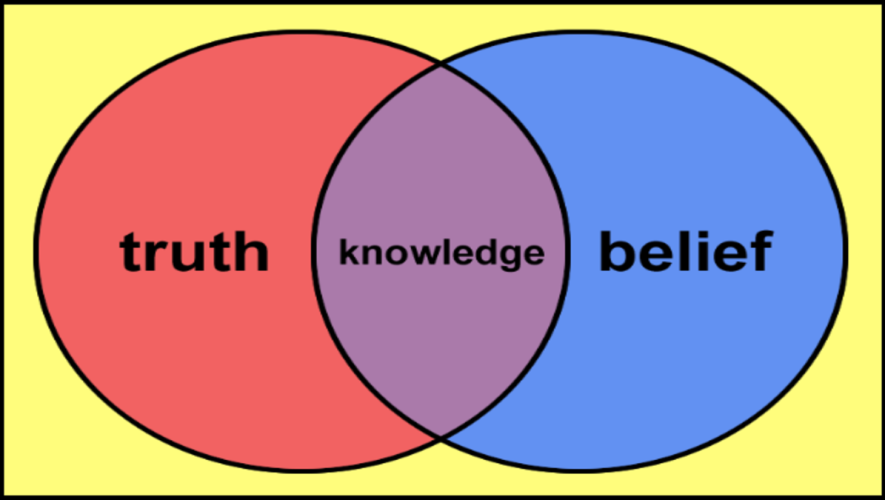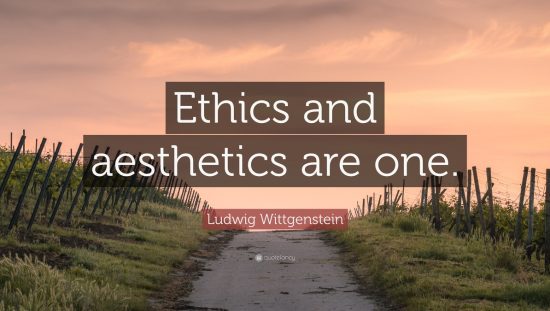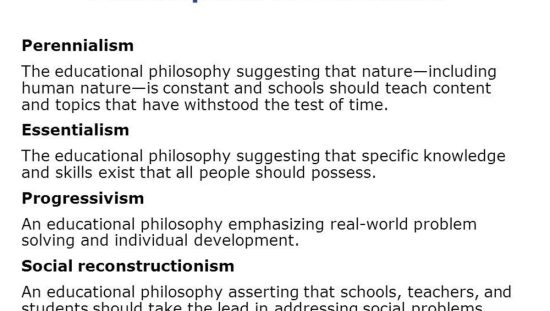Epistemology defined
In philosophy, epistemology refers to the study of the nature, origin, and limits of human knowledge. The field is sometimes referred to as the theory of knowledge. Epistemology aims to provide a foundation for what we consider to be true knowledge. It concerns with every scientific discipline that contributes to the collective efforts of human beings.
Parts of Knowledge
Epistemological theories seek to discover the nature, origins and limits of human knowledge. Knowledge may be regarded as having two parts. There is a priori knowledge, or knowledge that is automatically known apart from experience, and posteriori knowledge, or knowledge that is gained from experience. There is, first of all, what one sees, hears, touches, tastes, and smells. Next there is the way these perceptions are organized by the mind to form ideas or concepts. The problem of epistemology is based on how philosophers have understood the relationship of the mind to the rest of reality.
Typical Epistemological Questions
Generally speaking, epistemology deals with the nature of knowledge and not the how-to of knowledge. It is also a speculative branch of philosophy and tries to answer such questions as:
- What is the nature of knowledge we know?
- Does it properly reflect reality (truth)?
- What are the sources of knowledge?
- Is knowledge primarily gained through reason?
- Is knowledge primarily gained through our sense experiences?
- Is the world as people perceive it the basic reality, or do people perceive only appearances (or phenomena) that conceal basic reality?
- What is the relationship between faith and reason?
- What are the boundaries between reason and knowledge, on the one hand, and what some thinkers call the illusions deriving from metaphysics?
- What is the basis for knowledge? Is it observation, experience, intuition, or inspiration? Or is there some other basis?
- What is knowledge and how does it differ from belief or opinion?
- What is truth, and how can we know if a statement is true?
- Do absolutes exist, and if so, can we know them?
Plato’s and Aristotle’s Views
It is safe to say that every philosopher since the beginning of civilization has been concerned to some degree with epistemology. With careful scrutiny, philosophers attempt to differentiate truth from belief and appearances. Many of the most important philosophers, such as Plato and Aristotle, maintained that knowledge is possible. Their epistemology rested on the ability to clearly differentiate between appearance and reality. For Plato, this epistemology was famously illustrated through his theory of forms. Aristotle’s epistemology asserted that true knowledge could be attained through the examination of cause and effect, combined with the application of reason and logic.
Importance of Epistemology
Epistemology is important because it is fundamental to how we think. Without some means of understanding how we acquire knowledge, how we rely upon our senses, and how we develop concepts in our minds, we have no coherent path for our thinking. A sound epistemology is necessary for the existence of sound thinking and reasoning — this is why so much philosophical literature can involve seemingly arcane discussions about the nature of knowledge. Unfortunately, atheists who frequently debate questions that derive from differences in how people approach knowledge aren’t always familiar with this subject.
OTHER RELATED POSTS



